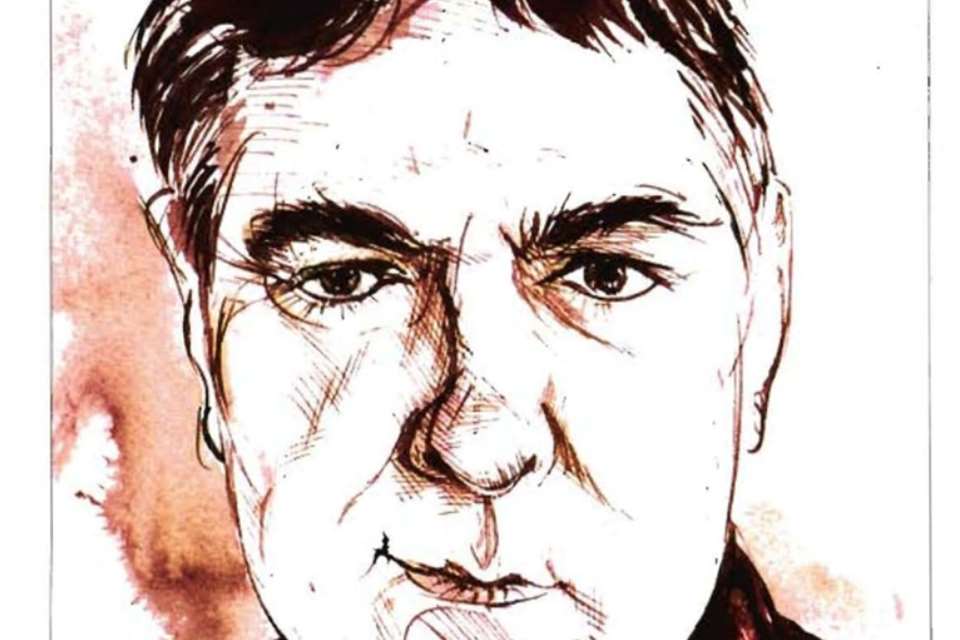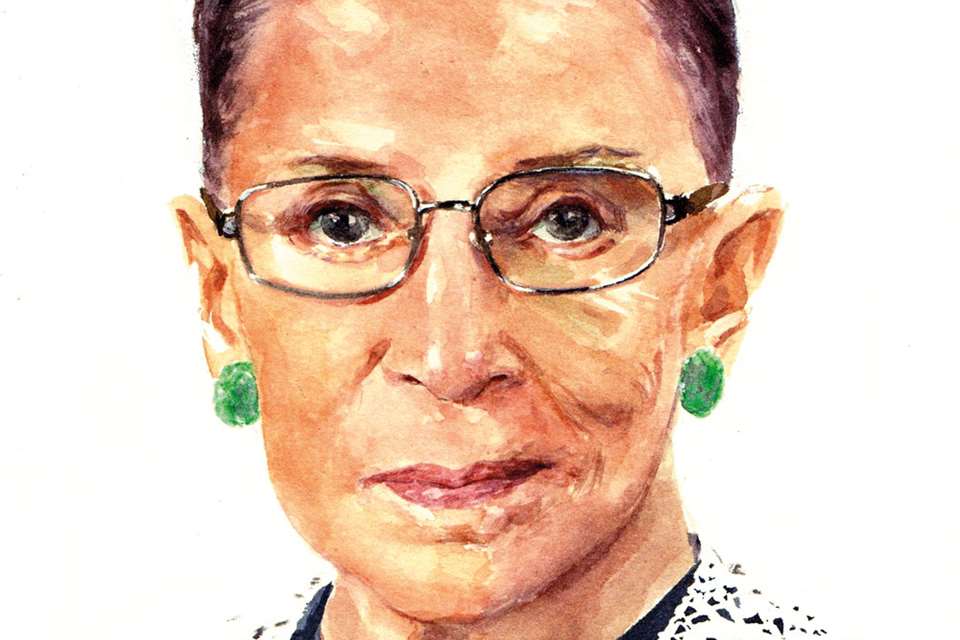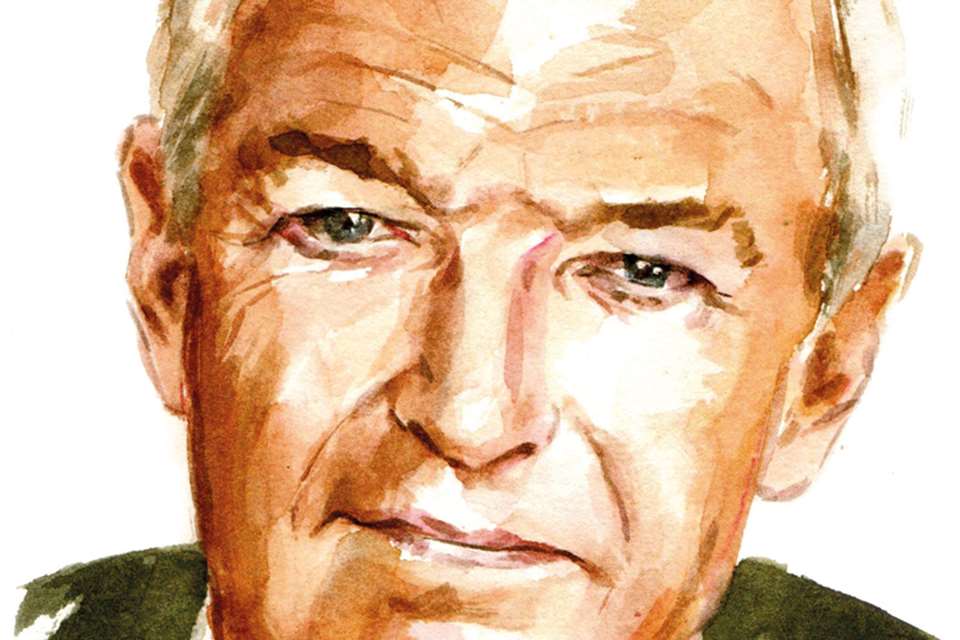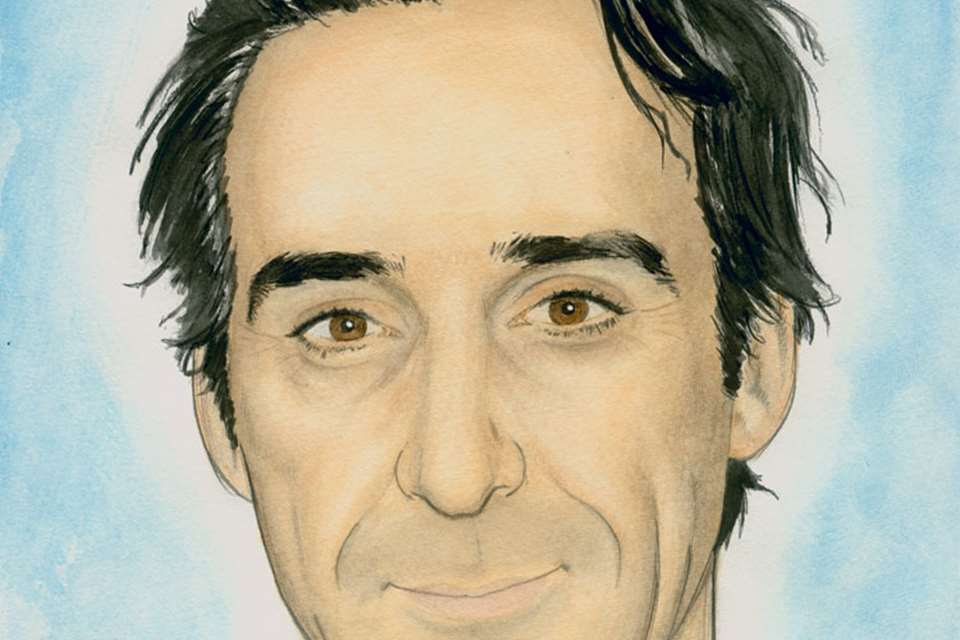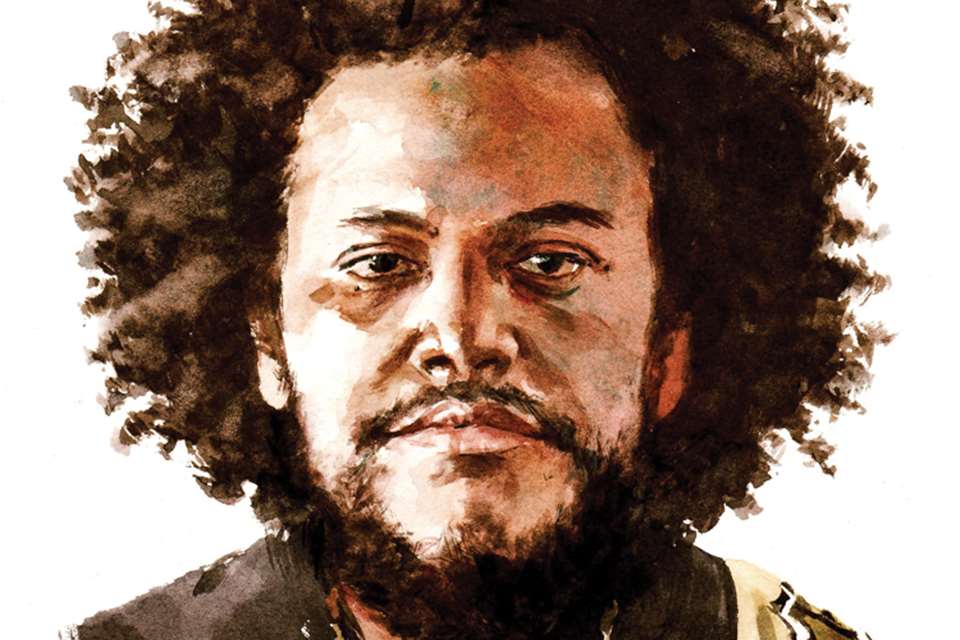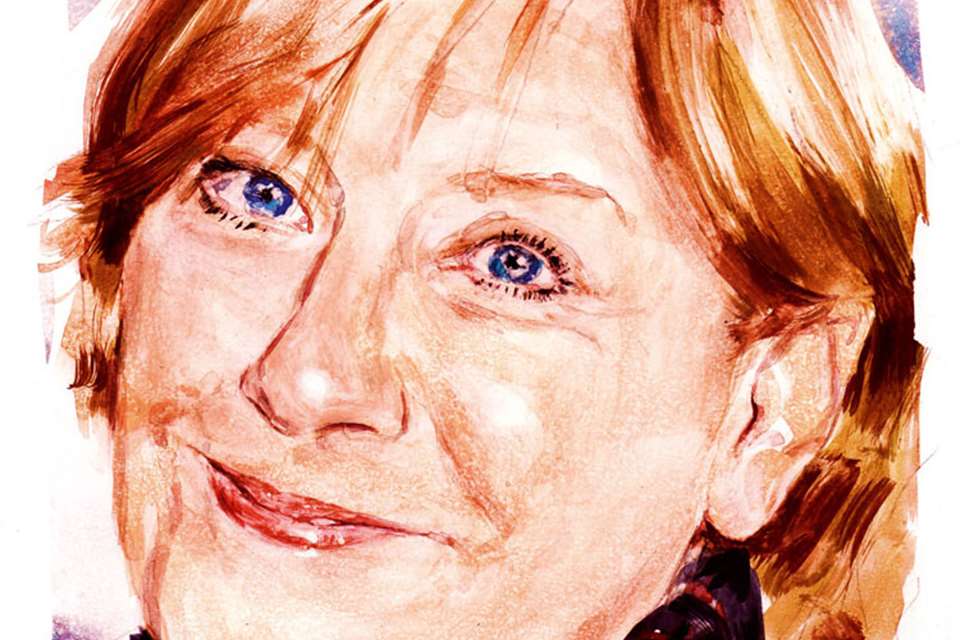Sir Ralph Kohn | My Music: ‘Bach is the most spiritually divine composer who ever lived’
Gramophone
Tuesday, November 15, 2016
A pioneering career in the pharmaceutical industry has always gone hand-in-hand with performing as a baritone and a love for Bach
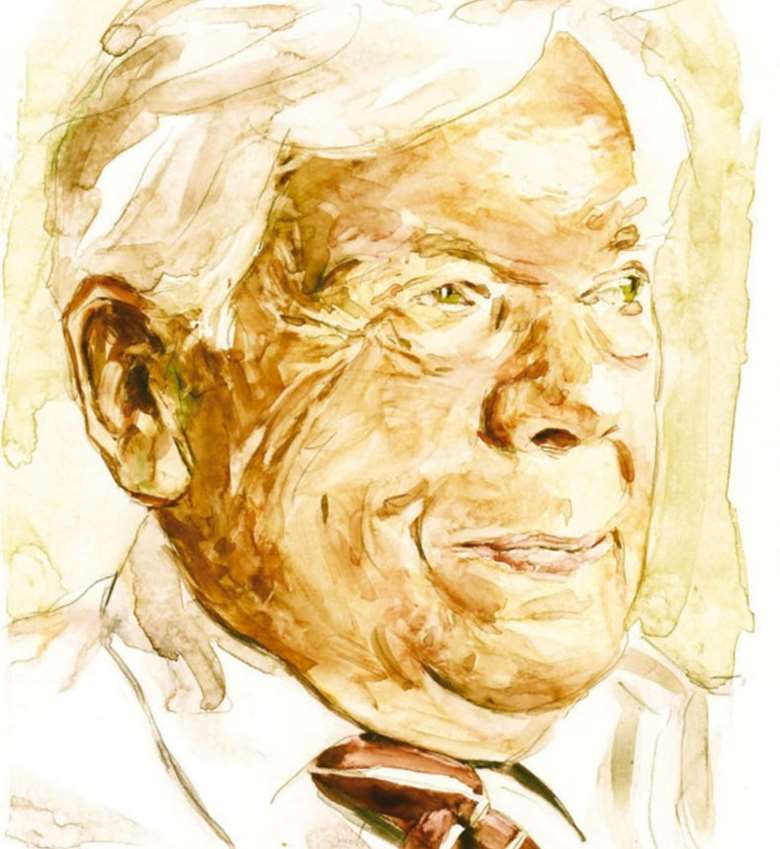
I was born in Leipzig, a very musical city, and we heard a lot of music in our house. My father was very musical. He wasn’t trained in any way but he loved opera and heard Caruso and Gigli. We left Germany in 1933, soon after Hitler came to power, and went to Amsterdam – I was only a few years old at the time – and there I developed a real love for music. Those were the days of Yehudi Menuhin when he was a very young chap taking the world by storm, and of course all we youngsters were talking about how it would be wonderful to be able play like that. So, as a child of about six years old, I took violin lessons from one of the violinists in the Concertgebouw Orchestra.
Then we had to escape again from Holland to England – we came over in 1940. I did a pharmacology PhD at Manchester University. We lived in Salford and I used to go regularly to hear the Hallé Orchestra, with Barbirolli conducting. Then I won post‑doctoral research fellowships which took me to Italy. There I worked with a Nobel laureate, Sir Ernst Chain, another Jewish refugee from Nazi Germany. I became very close to him. He was a fantastic pianist and had it not been for Hitler I think he would have gone into music – he was a wonderful player, and also a conductor in his Berlin days.
‘The great obsession in my life is the music of JS Bach, to me the greatest, finest example of music, and I couldn’t imagine life without him’
I discovered that I had a voice, so I started taking singing lessons in Rome and developed a tremendous love for Italian Baroque music. Then I went to America on another research fellowship and that’s where I continued my vocal interests with a very fine pianist, Charles Wadsworth, who later became head of Lincoln Center’s chamber music. When I came back to London in 1958 I made time not only to attend concerts but to continue my vocal studies with people like Helene Isepp, Dame Janet Baker’s teacher.
As I was working full time in the drug research industry, obviously my time was rather limited for my musical expression, and I had to do the sort of music that I could do with a pianist – in other words opera was out, and oratorio. So I concentrated on the Lieder repertoire, and in fact Graham Johnson and I have made 10 records together. I continued my passion by giving a number of recitals; I didn’t do it for the money, but for love.
I did have a conflict – and that really happened when I’d finished my three years in Italy. The trouble was I loved medical research – this was a time when the most extraordinary drug developments took place. It was a wonderful thing to be intensely involved in my work – I worked very hard indeed in my own organisation. But then to have this wonderful outlet too, using my voice, giving recitals – but it had to be restricted.
But then another part of my life began in 1997. With Bill Lyne [then Wigmore Hall director] and Graham Johnson we decided that an international song competition would be just the thing that we needed for Wigmore Hall. There was nothing quite like what we had in mind at the time. I was also involved with Sir John Eliot Gardiner in his Bach sacred cantata pilgrimage – I was chairman of the organisational committee.
The great obsession in my life is the music of JS Bach, to me the greatest, finest example of music, and I couldn’t imagine life without him. About six years ago, together with Jonathan Freeman‑Attwood, principal of the Royal Academy of Music, we started a Bach programme whereby we’re planning to have all the Bach cantatas performed at the Academy within about eight years, once a month on a Sunday morning.
The happiest music I know is the Christmas Oratorio. To me that is absolutely the most wonderfully happy music. Bach for me is my oxygen. It’s such universal music, it’s for every creed and religion and belief. The expression, the humanity behind it all, the depth of love, of affection – this is the greatest human expression. Bach is the most spiritually divine composer who ever lived. Yes, he was a Lutheran, and deeply religious – that’s fine, but it doesn’t mean to say that my feelings can’t be as profound for his music as the deepest loyal Lutheran. That’s how I feel about it.




